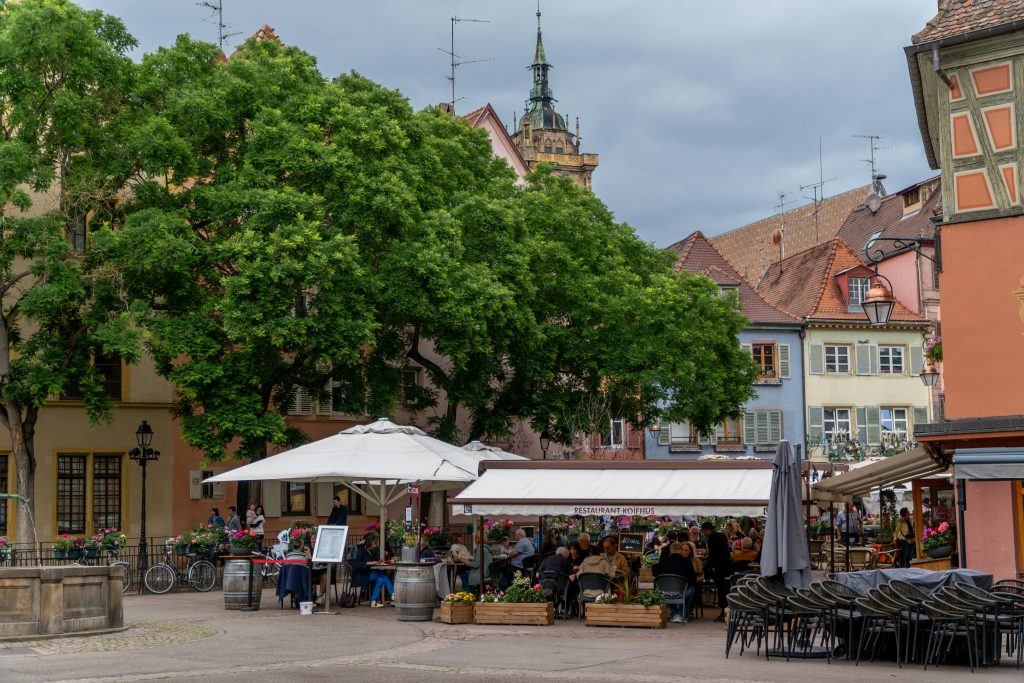
Tensions Rise in Birmingham: Community Voices and Citizen Journalism Take Center Stage
In a gripping turn of events, the Birmingham riots have captured the attention of the public and media alike, unveiling a complex tapestry of community sentiments and the role of citizen journalism in modern activism. The unrest, which erupted in response to a series of escalating tensions within the community, has prompted a significant police response and raised critical questions about public safety and civil rights.
As the situation unfolded, a West Midlands Police officer found himself at the center of a unique interaction with a man who identified himself as a citizen journalist. This individual, equipped with a smartphone and a desire to document the unfolding events, livestreamed their conversation to a growing audience online. This moment underscored the power of social media as a tool for grassroots reporting and community engagement, as viewers from all walks of life tuned in to witness the events as they happened.
The presence of citizen journalists has become increasingly prominent in protests and riots around the world. By sharing real-time updates and perspectives, these individuals provide a counter-narrative to traditional media coverage, often reflecting the voices of those directly affected by the incidents. In Birmingham, the citizen journalist’s livestream not only captured the immediate atmosphere but also sparked a dialogue among viewers, who offered their opinions and support from afar.
As the riots continued, the community’s frustrations became palpable. Many residents expressed their feelings of discontent regarding local governance, social inequality, and perceived injustices. The streets of Birmingham turned into a battleground of ideas, where voices clamored for attention amidst the chaos. The riots, while a display of unrest, also revealed a deeper yearning for change and recognition.
The police response has been multifaceted, with efforts to maintain order while also addressing the concerns of the community. Law enforcement officials have faced criticism for their tactics, which some argue have exacerbated the situation rather than alleviating it. The dialogue between police and citizens is crucial in restoring trust and safety, and the presence of citizen journalists adds another layer to this intricate relationship.
As the events continue to unfold, it is clear that Birmingham is at a crossroads. The riots may serve as a catalyst for change, prompting discussions about social justice, community engagement, and the role of citizen journalism in shaping public discourse. The power of the people, amplified by technology, may lead to a new era of accountability and transparency in both governance and media.
In conclusion, the Birmingham riots have not only highlighted the tensions within the community but also the significant impact of citizen journalism in bringing these issues to light. As citizens take up the mantle of reporters, the line between observer and participant blurs, leading to a more engaged and informed populace. The call for change echoes through the streets of Birmingham, and as the community comes together to address the underlying issues, the dialogue must continue, both online and offline, to foster understanding and progress.
Tags: Birmingham, Birmingham riots, citizen journalism, community engagement, riots, social justice

相關頭條